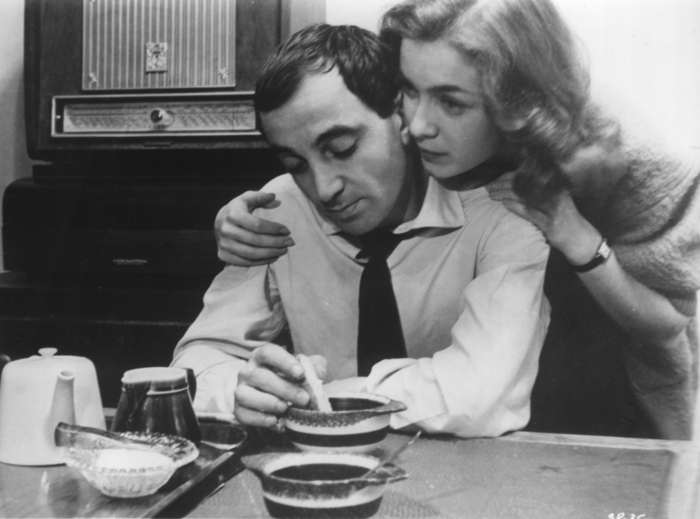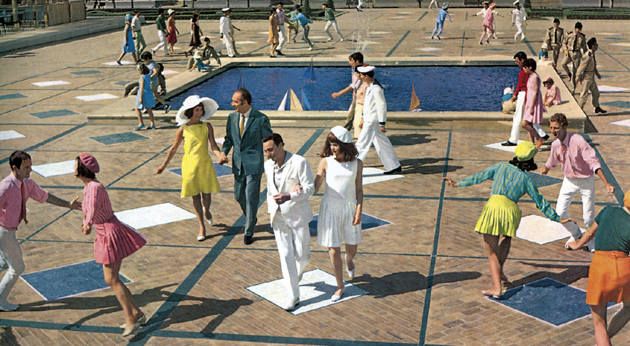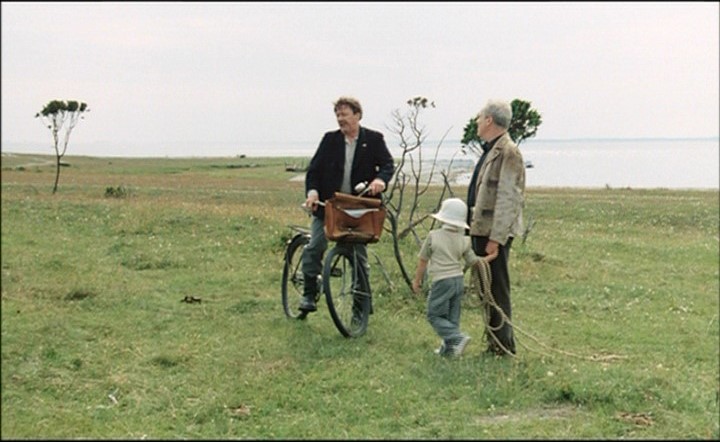14. Shoot the Piano Player (1960) – François Truffaut
Overshadowed by: The 400 Blows, Jules & Jim
A funny and tragic sort of “New Wave noir,” Truffaut is at his most playful in “Shoot the Piano Player.” When piano player Charlie Kohler (Charles Aznavour) falls in love with the waitress Lena (Marie Dubois), and his brother gets in trouble with a pair of gangsters, the protagonist’s dark past is brought back to the surface. The film manages to bounce between laugh out loud funny and devastatingly tragic.
The genius of the film isn’t simply in the story, though, but in how Truffaut chooses to present it. Blending his unconventional New Wave style with classic Hollywood gangster film tropes and comedy gags reminiscent of silent films, Truffaut makes something totally unique with this picture. The film is always a delight when it wants to be and a tragedy when it is necessary.
15. Breaking the Waves (1996) – Lars von Trier
Overshadowed by: Dogville, Dancer in the Dark, Melancholia
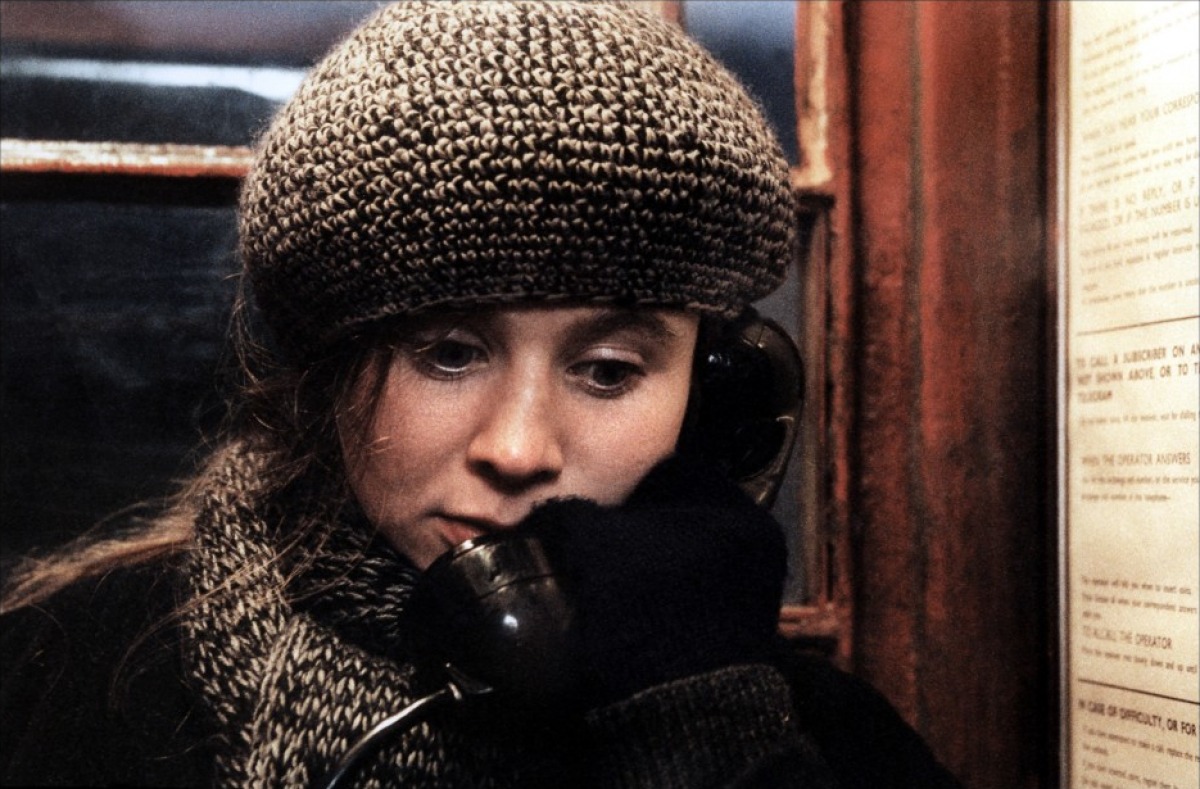
After “Europa,” Lars von Trier went from just being experimental to being groundbreaking. “Breaking the Waves” was his first feature film after the surrealist neo-noir of “Europa,” from which he did a complete 180 in terms of style. “Breaking the Waves” is, for almost the entirety of its runtime, a naturalist film looking at societal pressure, specifically on religious institutions’ pressures on women and their sexuality.
“Breaking the Waves” is first film in his Golden Hearts trilogy, a series of films about women being too pure or innocent for the society in which they live, and because of it, they are crushed under its weight. The film is worth watching just for Emily Watson’s career defining performance as Bess, a woman who tries to do all she can for the one she loves, even when it means sacrificing her own well-being and safety.
Von Trier makes this film disturbing, but not just because of the few scenes of violence; it is the way Von Trier shows Bess’s hubris causing her to sexually degrade herself to the point where she has essentially sacrificed everything. “Breaking the Waves” stands as one of Von Trier’s most emotionally moving films to date and easily one of his best.
16. L’Eclisse (1962) – Michelangelo Antonioni
Overshadowed by: L’Avventura, Blow-Up
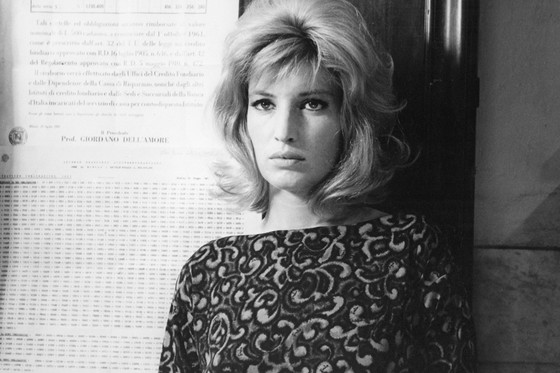
“L’Eclisse” is the final iteration in Antonioni’s famous trilogy on the discontentment of modern society and its most abstract. Right from the start, the characters seem to be overpowered by their environments, a theme that is repeated throughout the film, even suggesting that the environment is as much a character, or possibly even more so, than the players who inhabit it (a pair of “lovers” portrayed by Alain Delon and Monica Vitti).
The abstract structure of the narrative, flowing in all directions at once, yet ending at none, only leads into the more abstract way that it concludes. The ending is haunting, thought provoking, and arguably, the most beautiful thing Antonioni has ever put on screen. “L’Eclisse” is a film about love, or the lack thereof, and is Antonioni’s most expert film.
17. The Bitter Tears of Petra von Kant (1972) – Rainer Werner Fassbinder
Overshadowed by: Ali: Fear Eats the Soul, The Marriage of Maria Braun
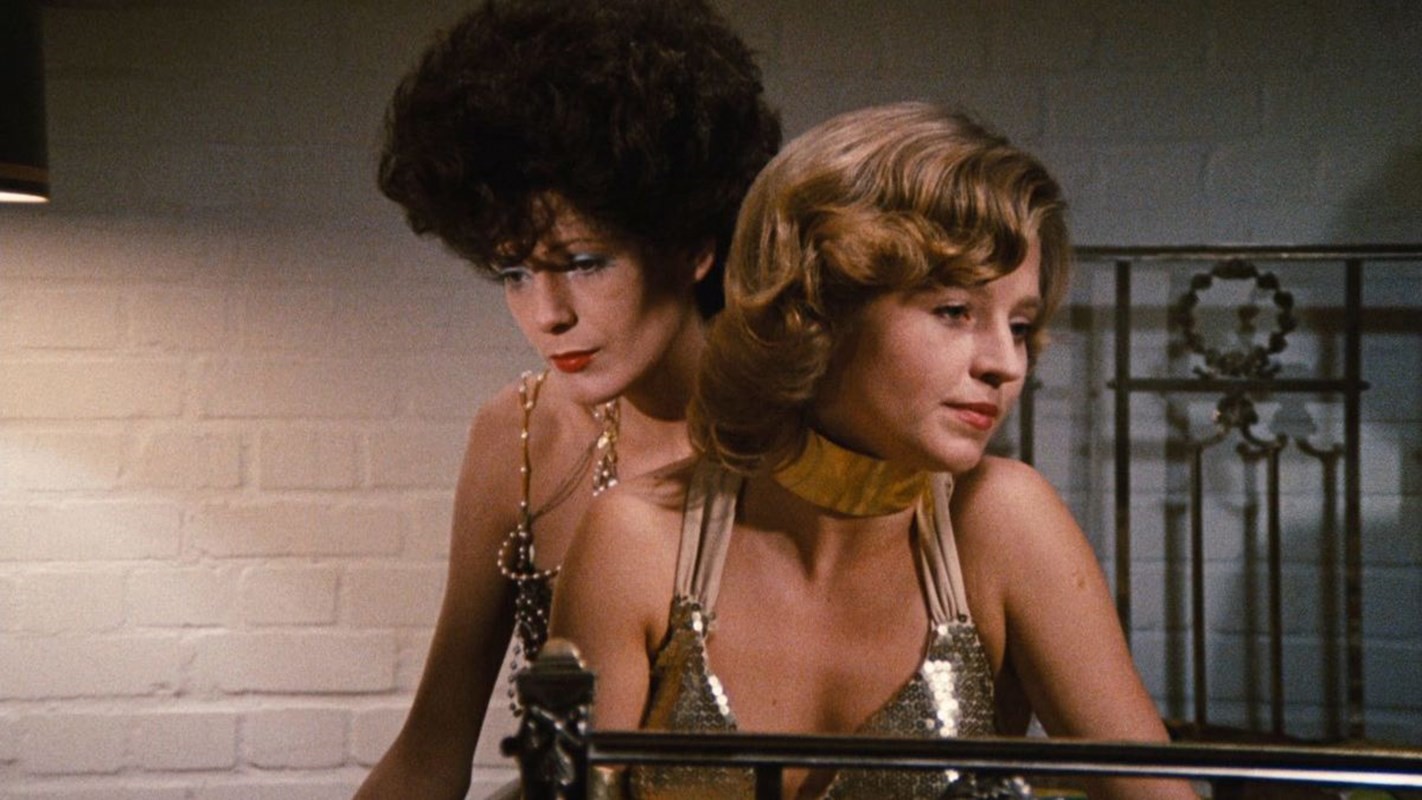
Slow, methodical, and a maddening melodrama about humanity and society, this minimalist production with an all-female cast is a perfect example of Fassbinder’s middle career.
Taking place in the bedroom/studio of fashion designer Petra von Kant (Margit Carstensen), the film centers on her relationship with Karin Thimm (frequent Fassbinder collaborator Hannah Schygulla), who is a young model for Petra but soon their relationship becomes more complicated. More subtly though, the film centers on the jealousy Petra’s assistant, Sidonie (Katrin Schaake), harbors over Karin.
Petra slowly descends into madness because her love for Karin is not reciprocated, as Karin only cares about the superficial and does not want to be in love with a woman. The film, like many of Fassbinder’s, focuses on the social taboo of homosexuality and shows the crushing effect social pressures can have on a person.
What is incredible about this film is this whole other story being told merely by showing a reaction of Petra’s assistant, Sidonie, who is wordlessly expressing her desire to be with Petra. With just the dynamic between Petra and Karin, Fassbinder created a great film, but with the addition of Sidonie, he created a masterpiece.
18. Contempt (1963) – Jean-Luc Godard
Overshadowed by: Breathless, Vivre Sa Vie
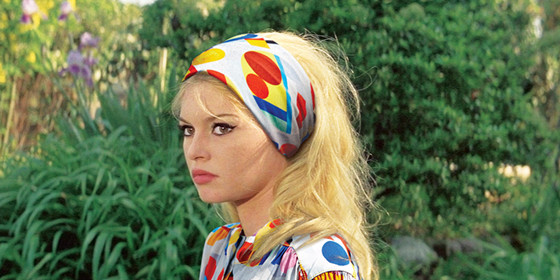
Once again, a story about love or a lack thereof, “Contempt” is a film about of a woman one day falling out of love with her husband and her growing contempt for him.
Set against the backdrop of Mediterranean Italy, Paul Javal (Michel Piccoli) is hired to rewrite the script for a Fritz Lang adaptation of “The Odyssey” at the request of an overly ambitious American producer (Jack Palance). During this time, Paul’s wife, Camille (Brigitte Bardot), falls out of love with him one day, and their marriage becomes doomed to end.
Made while Godard’s own marriage to Anna Karina was rocky, “Contempt” is Godard’s most emotionally resonant work. Paul and Camille’s arguments go nowhere, and they only add to Camille’s increasing contempt for her husband. Both a self-reflective look on marriage and a meta-commentary on filmmaking, “Contempt” could be compared to Fellini’s 8 ½.
However, it is a much less abstract film and allows for many more quiet moments between characters, making it much more emotionally subtle. “Contempt” features some of Godard’s most brilliant editing, his most breathtaking cinematography, and a beautiful and somber score by George Deleure. With all things it has going for it, “Contempt” most certainly is greater than the sum of its parts and is one of the greatest films from Godard and the French New Wave movement as a whole.
19. The Young Girls of Rochefort (1967) – Jacques Demy
Overshadowed by – The Umbrellas of Cherbourg, Lola
The inspiration American filmmaking had on Demy’s style is no more apparent than in “The Young Girls of Rochefort.” The incredibly photographed musical comedy is Demy’s magnum opus if he ever had one. A great foil to his bittersweet, realist musical “The Umbrellas of Cherbourg,” which is about how love does not always come together, this film is much more “glass half full,” so to speak.
Featuring musical numbers written by the legendary composer Michel Legrand and dance sequences that rival the best Hollywood had produced (Gene Kelley‘s appearance is no coincidence ), “The Young Girls of Rochefort” is everything one could ask for in a musical.
20. The Sacrifice (1986) – Andrei Tarkovsky
Overshadowed by: Stalker, Andrei Rublev
Another great filmmaker’s final film, “The Sacrifice,” is Tarkovsky’s most expert. A swan song about a family reacting to the beginning of World War III, the film is somber and nihilistic, reflecting Tarkovsky’s outlook on life as he was nearing death. In many ways, the film pays homage to Bergman, featuring many of his longtime collaborators and shot on Fårö by his signature cinematographer Sven Nykvist. However, it is still a Tarkovsky film through and through and one of his best.
Opening and closing with two of his longest takes, Tarkovsky shows a technical mastery beyond his previous work, never ceasing to be subtle, while also being grand. The final shot stands as one of the greatest things Tarkovsky has ever filmed, which had been ruined and needed to be shot again because of a camera jam.
If film can be autobiographical, then “The Sacrifice” may be even more so than “The Mirror”; here all of Tarkovsky’s fears and frustrations are put onto film in both thematic and technical senses, which alone would make it one of his finest works.
Author Bio: The only peers of the Legendary Alex Lei would have to be Don Quixote and Don Juan. “He is the only man that can handle the life of Jules or Jim”- Nick Tobin (Award winning Podcaster). Alex is a man of simple pleasures: that of life, liberty, the love of a good woman, and the endless pursuit of more Criterions. Other than writing for Taste of Cinema, he is a prolific reader and optimistic skeptic in our new world of cinema, when he talks to his dining hall coworkers at Montana State University. A tussled-haired man on the shoals of Bozeman Montana looking far off to the Palisades of Los Angeles in hopes of one day winning the acclaimed Palme d’Or while donning a cap with the logo of “Top Gun.”
